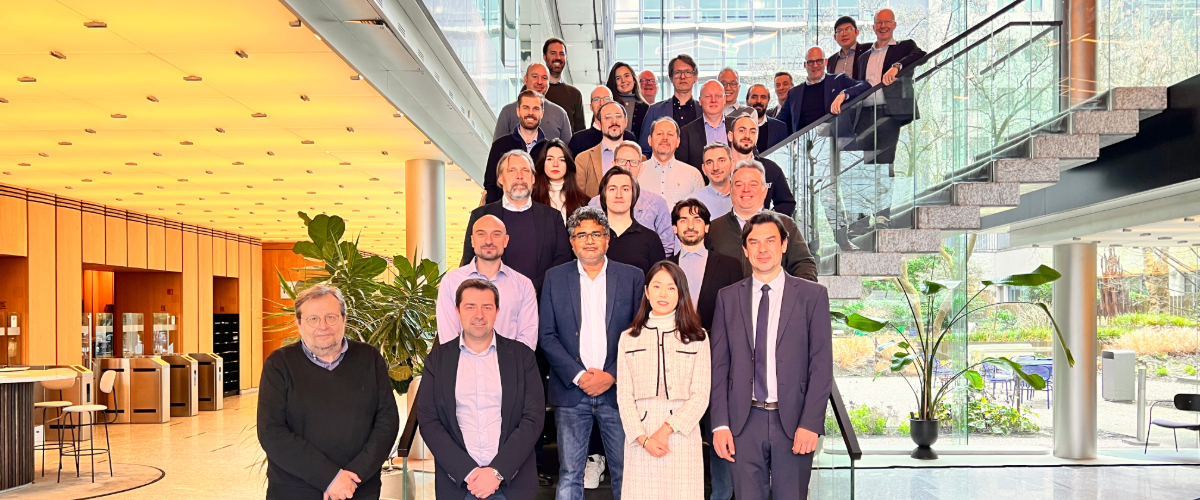Energy efficiency: Grimaldi working on two new projects
The
Grimaldi Group has secured funding from the European Commission for two new
research and development projects under ZEWT – Zero Emission Waterborne
Transport, a public-private co-programmed partnership between the European
Commission and maritime transport sector stakeholders. The initiative aims to
fully decarbonize waterborne transport by 2050 and is part of Horizon Europe,
the European Union’s framework program for research and innovation.
The first
project, TWINSHIP, will develop and test an innovative digital twin for three
different types of vessels (ro-pax, ro-ro, and container ships), providing
decision-making support to optimize energy efficiency and productivity. The
system will be applicable to both existing ships and those under construction.
This
digital decision-support system will offer insights into the best trim
conditions during navigation and route optimization. Additionally, it can be
used from shore to assist in the design of new vessels and the selection of the
best innovative technologies for energy efficiency, not only for newly built vessels
but also for those that are already operating.
The second
project, HARPOONERS, aims to develop a laboratory demonstrator for innovative
electrical energy storage solutions to enhance the efficiency of waterborne
transport and contribute to its climate neutrality.
This
project focuses on the application of new electrical storage technologies in
the maritime sector. Specifically, it plans to: develop an innovative energy
storage system for maritime applications, based on solid-state batteries, which
are lightweight and have a high energy density; demonstrate the improved
performance, efficiency, feasibility and reliability of solid-state batteries
compared to traditional lithium batteries for maritime applications; and develop
and validate advanced real-time battery condition monitoring systems with
predictive analytics. The HARPOONERS team will also create a high-capacity
energy storage system exceeding 1 MWh and conduct laboratory tests to verify
its performance.
Both
projects were launched in February 2025 and will have a duration of 36 months.


